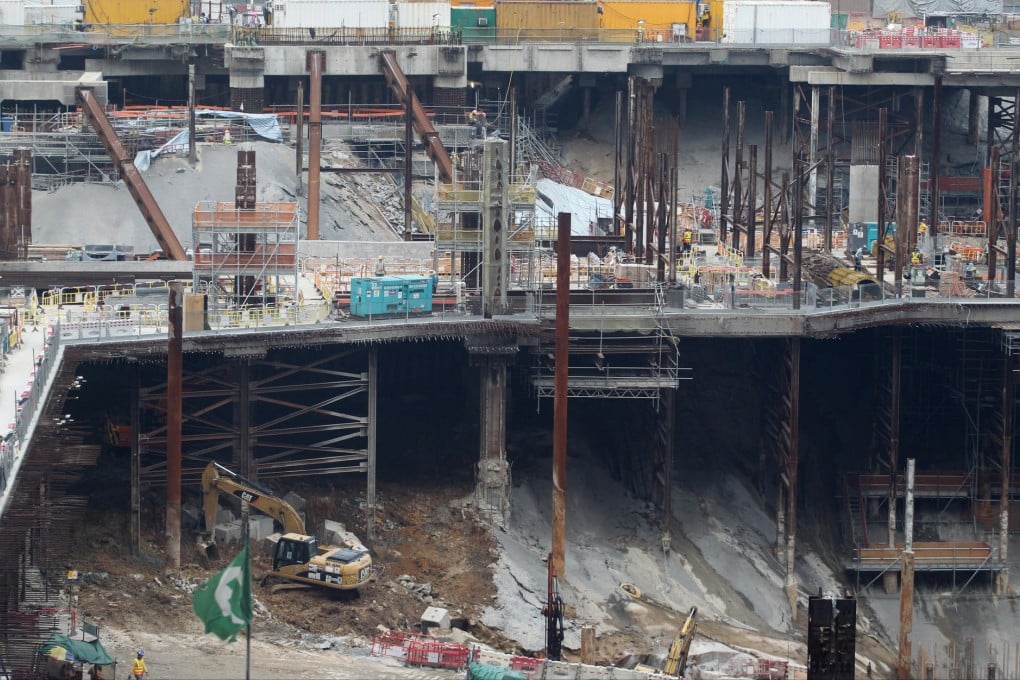High-speed rail link delay highlights need for MTR management shake-up
Shock delay on building high-speed line to Shenzhen brings calls for MTR management shake-up

Anger over a two-year delay in completing work on the high-speed railway to Shenzhen has brought demands for management changes at the MTR.

The corporation caused an uproar last month when it said construction problems had pushed back the opening of the HK$67 billion line to 2017 and it would be billions of dollars over budget.
The announcement led transport chief Anthony Cheung Bing-leung to say he had "over-trusted" the corporation's progress reports and to pledge more supervision. He joined activists and politicians in saying that the government - which owns a 77 per cent stake - should take more control of the company. Some suggested the government should take back full ownership of the corporation.
The company is accused of hiding facts and dragging its feet. Heads have started to roll.
First the project director and top engineer quit. Then some lawmakers warned that a government inquiry would be a whitewash. Last Friday, two hours after it was announced a former University of Hong Kong pro-vice-chancellor would lead the probe, he resigned, with the government conceding he was a non-executive director of an MTR contractor.
